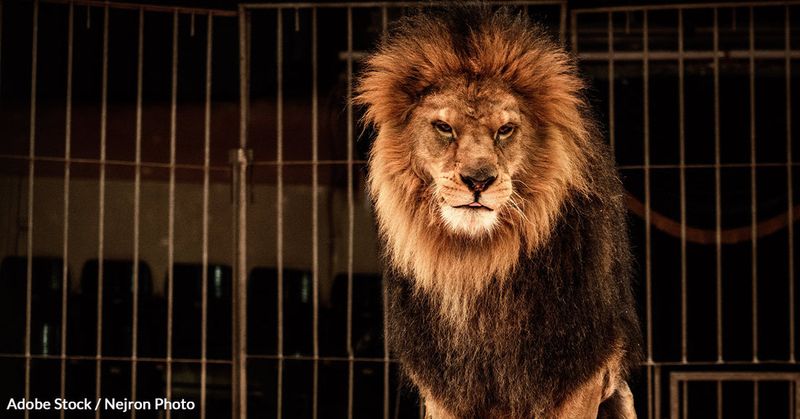Being a pet parent in the Bay State comes with more than just feeding schedules and vet visits, it also means following some specific laws designed to protect animals and the public.
Whether you’ve just adopted a furry friend or have been a pet owner for years, knowing these Massachusetts regulations can save you headaches (and potentially hefty fines).
From vaccination requirements to divorce pet custody battles, these six laws cover what you need to know to keep your pet adventures legal and stress-free.
1. Rabies Vaccination

Forget to vaccinate your four-legged friend against rabies in Massachusetts? That’s a no-go! The state requires all dogs, cats, and ferrets over 6 months old to be vaccinated against this deadly disease.
Veterinarians must provide a certificate proving your pet’s vaccination status, and you’ll need to keep this document handy. First-time vaccines are good for one year, while subsequent shots typically last three years.
Failure to comply can result in fines up to $100 per animal. Plus, if your unvaccinated pet tangles with a rabid animal, they might face extended quarantine periods or worse which is definitely something no pet parent wants to experience.
2. Kennel Licensing Rules

Running a boarding facility or breeding operation in Massachusetts? You’ll need more than just a love for animals, you need proper licensing. The state’s kennel laws aren’t playing fetch when it comes to animal welfare standards.
Anyone housing more than four dogs must obtain a kennel license from their local municipality. These licenses require regular inspections to ensure proper sanitation, adequate space, and appropriate care for all animals on the premises.
Violators face serious consequences, including fines exceeding $500 and potential shutdown of operations. Even home-based breeders aren’t exempt, so don’t try to dodge these regulations if you’re planning a puppy or kitten business venture!
3. The 8-Week Rule

Puppy eyes might melt your heart, but Massachusetts law stands firm: no selling or giving away puppies and kittens under 8 weeks old. This crucial developmental period allows babies to learn essential social skills from mom and littermates.
Violating this law isn’t just frowned upon, it’s punishable with fines up to $100 per animal. The legislation protects vulnerable animals from being separated too early, which can lead to behavioral problems and health issues down the road.
Want proof of age before bringing home your new fur baby? Smart move! Reputable breeders and shelters should provide health certificates with birth dates, ensuring your new pet meets the legal age requirement.
4. Restrictions On Selling Pets In Public Spaces

Spotted someone selling puppies from their trunk at the local shopping center? That’s a big legal no-no in Massachusetts! The state prohibits selling animals in public places like roadsides, flea markets, and parking lots.
This law aims to crack down on impulse purchases and unethical breeding practices. Legitimate animal transfers should happen at permanent facilities like shelters, registered breeders’ homes, or vet offices where proper care standards can be maintained.
Penalties for roadside pet peddling can reach $500 per violation. If you’re looking to add a furry family member, stick to reputable sources like shelters, rescue organizations, or licensed breeders who follow proper protocols and provide appropriate documentation.
5. The Exotic Pet Prohibition

The state maintains strict regulations on keeping wildlife as pets, prohibiting ownership of most exotic and wild animals without special permits.
Animals like big cats, bears, venomous reptiles, primates, and wolves are generally off-limits to private owners. Even seemingly harmless critters like hedgehogs and sugar gliders fall under restricted categories in the Bay State.
Permits are typically only granted to educational facilities, wildlife rehabilitators, and research institutions, not individual pet enthusiasts. Penalties for illegal exotic pet ownership can be severe, including fines exceeding $1,000 and confiscation of the animal.
6. Pet Custody In Divorce

Massachusetts courts are evolving when it comes to four-legged family members in divorce proceedings. Unlike traditional property division, judges increasingly consider the animal’s best interests when determining pet custody arrangements.
Factors weighed include who primarily cared for the pet, who can provide the most stable environment, and sometimes even the pet’s attachment to each person. Some separating couples establish formal visitation schedules and shared financial responsibilities for their furry friends.
Consider a “pet-nup” agreement outlining custody arrangements before marriage troubles arise. While Massachusetts law still technically classifies pets as property, courts increasingly recognize the emotional bonds between humans and animals when making these sensitive determinations.
